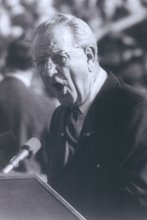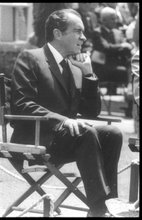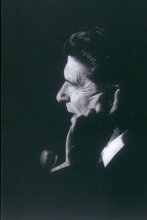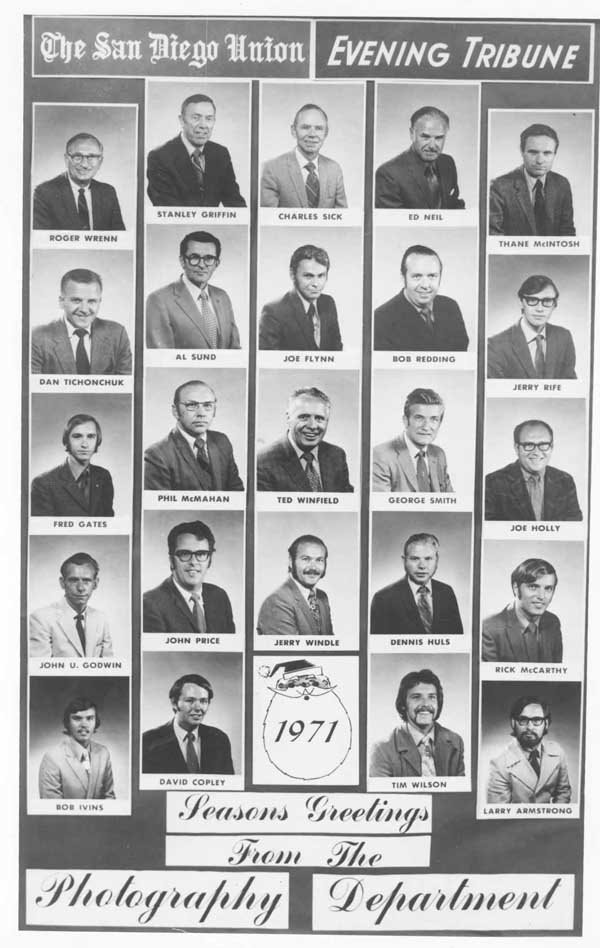JERRY WINDLE writes:
MORE BAD NEWS FOR NEWSPAPERS: "In just the past few weeks, The San Diego Union-Tribune eliminated more than 100 jobs, one-tenth of its work force. The Chicago Sun-Times began a round of deep newsroom layoffs, then put itself up for sale, and publishers in Minneapolis and Philadelphia warned that tough economics could force cuts there."
JR: The article is from the International Herald-Tribune, and it talks about the problem of shrinking ad revenue and dwindling subscriptions as an industry-wide problem. The story says combined print and online advertising dropped 7 percent last year. Of course, for printed papers, the drop was even worse.
PETER KOELEMAN writes:
Echoing the article Jerry Windle saw in the NY Times, we just lost 90 percent of our photo production staff (seven jobs). Our paper is going to automate the process with software called Intellitune. Not the same quality results but cutting payrolls and expenses is apparently a bigger priority than quality. Not a good time for newspapers. The Star Tribune has lost $75 million in revenue over just two years and the downward curve isn't straightening out.
JR: Peter is Director of Photography at the Minneapolis Star Tribune.
TOM STINSON writes:
Jerry Windle mentioned that the U-T has eliminated one tenth of its workforce. That's probably true, but some departments have been hit much harder. Four or five years ago the Library had sixteen employees. Now it's down to six. In December the Library still had nine employees. Since then three have been cut, including yours truly. My math isn't too good, but that's a lot more than ten percent. The Library is now having difficulty performing some if its basic functions. Does anybody care?
JR: I suspect everyone in this group cares, Tom, and I know I was stunned to hear you were let go. Hope you've hooked on somewhere else. Keep us informed.
Note: All this downsizing came long after I left the paper. Even at the time I was there, television was becoming the obvious news medium of choice into the future. And that has pretty much come to pass. TV will never be able to provide the same kind of gritty, close to the gut news that newspapers were absolutely made for and that is a sad loss. I am not ready to pronounce a eulogy for print, but I think to a great extent, the patient as we know it, is already terminal.











